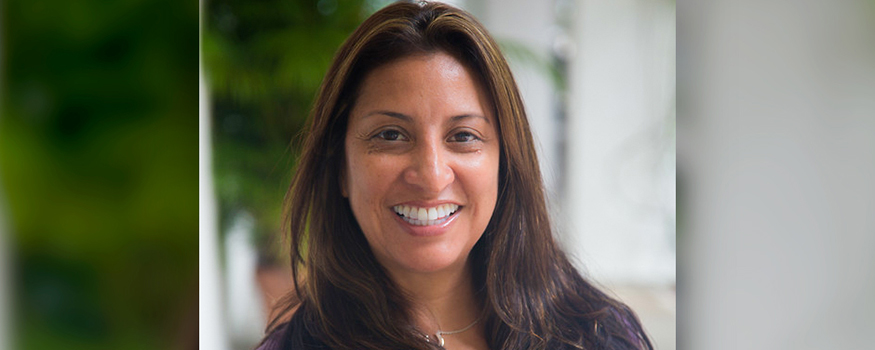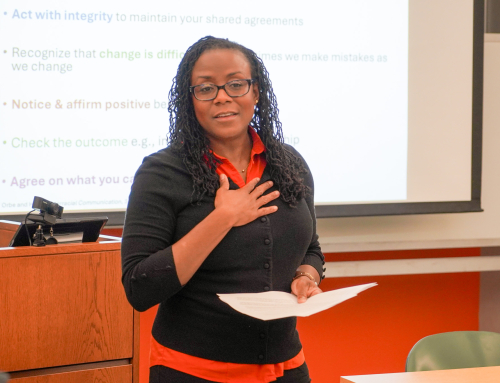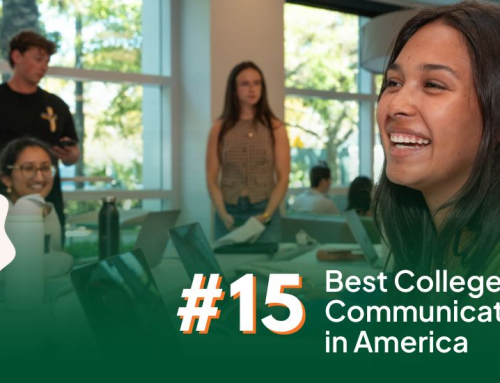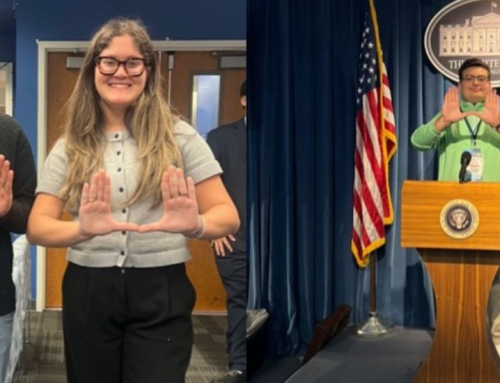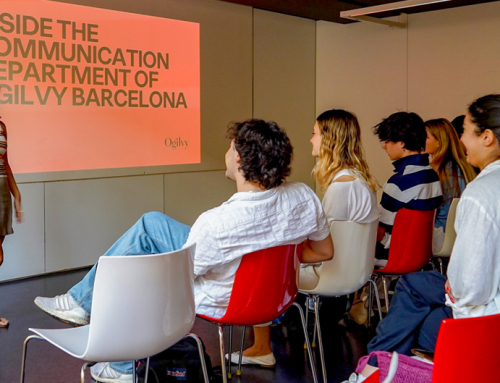By Victoria Leal
Victoria Orrego Dunleavy, an associate professor in the School of Communication, believes that “using communications in public health can [create] a greater impact.” Her recent research strives to educate residents and prevent HIV in rural Guatemala.
Victoria Orrego Dunleavy’s latest research is focused on developing an HIV prevention intervention in rural Guatemala, utilizing a culture-centered approach.
The associate professor of communication studies at the University of Miami School of Communication has been sharing her research from her more than 30 projects, focusing on organ donation, HIV prevention, and more since 1999.
Orrego Dunleavy said that she realized she wanted to “do impactful work” during her time studying to receive her Ph.D. degree in communication, which she earned from Michigan State University. “Using communications in public health can [create] a greater impact,” she pointed out.
As a graduate student, Orrego Dunleavy traveled to West Virginia, where she realized she enjoyed meeting new people who were from different backgrounds and forming new partnerships to help them and their communities. She had the opportunity to learn about the barriers coal miners, who had lost their hearing in the field, experienced.
The experience made Orrego Dunleavy realize that health decisions aren’t made individually—one’s culture, values, and beliefs play an integral part. This experience was the beginning of the link that developed between her interests in health and culture.
Her goal is to develop clear and well-thought-out messages that will resonate and promote healthy behaviors and outcomes with a tailored target audience. Her current focus, HIV prevention and maternal health, involves working with a community of rural Guatemalans, so they can have a say in how they receive the health campaign message.
The professor and researcher learned from her previous research that the success of strategies was dependent on understanding specifics of what the Guatemalans value as a community, culture, and the different ways people communicate.
Recently, Orrego Dunleavy and her co-researchers observed and spoke to community leaders and members in rural Guatemala about how they perceived and responded to messages about HIV. The benefit to this was the ability to analyze the barriers that prevent the citizens from learning and protecting themselves from HIV and how to effectively convey messages about the health disparities.
“I am a team player for the HIV project,” Orrego Dunleavy noted. And she said that she is “committed to improving maternal health” and continues to seek external funding for the HIV prevention intervention program in Guatemala, where she has spent eight years doing research and has created impactful bonds with the community.
This story originally appeared at https://news.miami.edu/stories/2023/06/researcher-uses-communication-strategies-to-prevent-hiv-in-guatemala.html.

